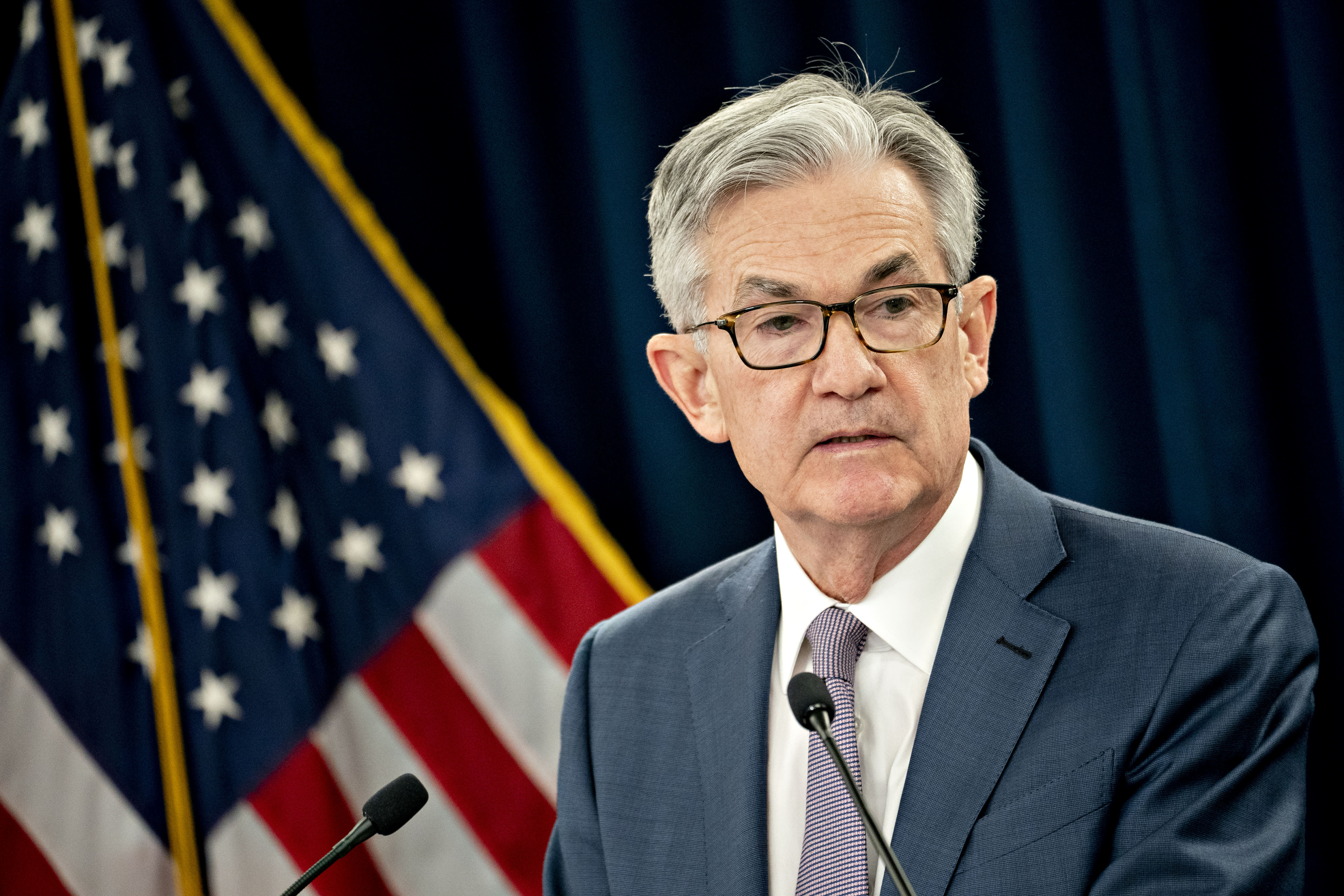Federal Reserve Chairman Jerome Powell told a Senate committee on Tuesday that the central bank's announced move this week to buy corporate bonds fulfills a pledge it had made earlier but is not an effort to take over the market.
"It's out of an excess of caution to preserve these gains for market function by following through," Powell said during his semiannual testimony before Congress. "I don't see us wanting to run through the bond market like an elephant snuffing out price signals, things like that."
In a move first telegraphed on March 23, the Fed said it will expand its purchase of corporate bonds beyond exchange-traded funds and into individual issues. The result will be essentially creating its own index of bonds that spread across a wide swatch of the market and could see the Fed ultimately purchase up to $750 billion worth of securities.
The purchases will be made on existing bonds rather than first issues from companies.
When the Fed announced the program, it coincided with a sharp turn in a market that went from the longest growth period in history to its quickest drop of more than 20%, or a bear market. Stocks immediately snapped higher after the central bank said it would buy corporate debt, with the S&P 500 rising more than 30% since.
Powell said the return to risk from investors came "because they believe we'll do what we say we're going to do."
However, he did not commit to an open-ended program, as the Fed is doing with the $120 billion minimum monthly purchases it is making of Treasurys and mortgage-backed securities.
With corporate bonds, he said the pace of purchases will depend on how the market responds. Bond yields for company debt are near record lows, and spreads compared with government debt have contracted to where they were before the coronavirus crisis.
"It's really going to depend on the level of market function. If the market function continues to improve, then we are happy to slow or even stop the purchases," Powell said. "If it goes the other way, we will increase."
The Fed has set up two facilities, one to buy corporate debt when it is issued, or the primary market, and the other for bonds already on the market such as with ETFs or those purchased elsewhere. The primary market facility has yet to be launched, and Powell said there has been no demand so far.
Powell was testifying before the Senate Banking Committee. He appears before the House Financial Services Committee House on Wednesday.


